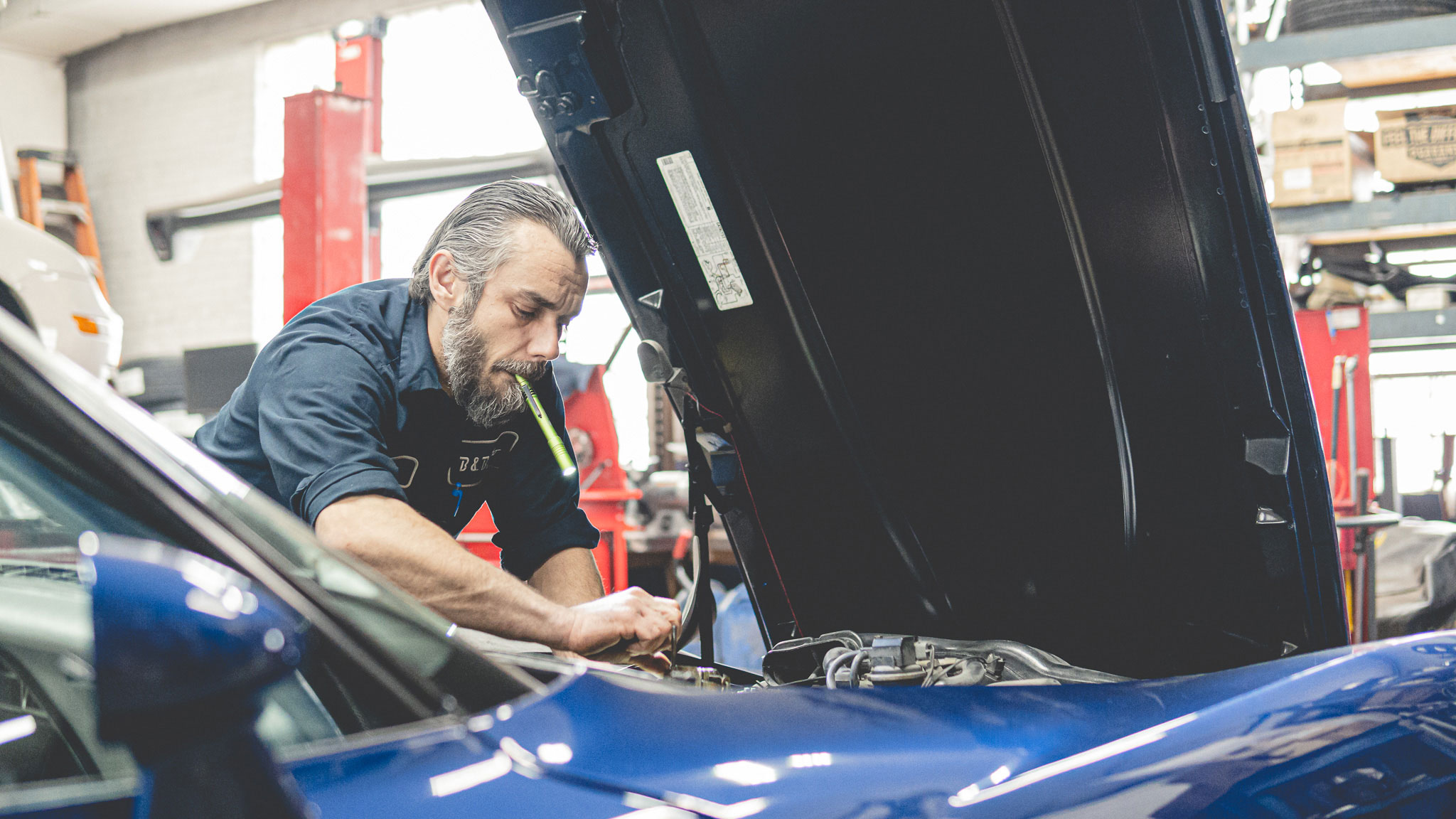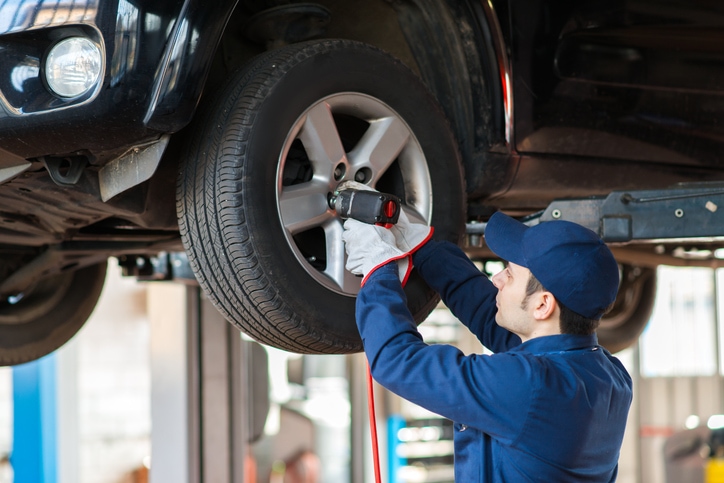All Categories
Featured
The transmission is just one of one of the most crucial parts of your car, ensuring that the engine's power is effectively transferred to the wheels. Whether you drive a automated or hand-operated transmission, keeping the transmission in top condition is essential to preserving your car's general efficiency. Regular upkeep and timely repair work can stop expensive concerns and maintain your cars and truck running efficiently for years. Below's a guide to recognizing transmission repairs and maintenance.
Checking and altering your transmission fluid consistently is one of the easiest means to stop transmission concerns. If the liquid is low or dirty, it can cause the transmission to slip, overheat, or fall short completely. Make certain to adhere to the maker's suggestions for fluid adjustment intervals and constantly use the correct liquid type for your automobile.
Sliding Equipments: If your vehicle suddenly unclothes gear or has problem remaining in the correct equipment, maybe due to reduced fluid levels, worn-out components, or interior damages.
Grinding or Uncommon Sounds: Any grinding, whining, or clunking noises when driving or changing gears can suggest troubles with the transmission's bearings or equipments.
Delayed or Harsh Moving: If the transmission feels or hesitates jerky when changing between equipments, it may suggest interior damages or a liquid problem. This can be particularly recognizable when shifting from park to drive or turn around.
Cautioning Lights: Take notice of your car's control panel warning lights. It's time to obtain your transmission checked. if the check engine light or transmission-specific light appears.
![]()
Liquid Checks and Adjustments: Make it a practice to check your transmission liquid on a regular basis. If it's reduced, top it up; if it's dirty or stained, replace it. Fluid changes are frequently suggested every 30,000 to 60,000 miles, depending on the make and design of your vehicle.
Monitor Leaks: Transmission fluid leakages are typical and can be triggered by used seals, gaskets, or splits in the transmission housing. Routinely evaluate for signs of fluid leak beneath your automobile, particularly if you notice brownish or red fluid places.
Transmission Filter Replacement: The transmission filter aids trap particles and pollutants in the liquid. It can limit fluid flow and trigger damage to the transmission if the filter is blocked. Replacing the filter as component of your routine upkeep can protect against many prospective issues.
Prevent Getting Too Hot: Getting too hot is a significant factor to transmission failure. Stay clear of hefty towing, extreme idling, and stop-and-go driving in heat, every one of which can emphasize the transmission and create it to overheat.
![]()
In cases where the transmission is drastically harmed, you may require to consider a rebuild or full substitute. A reconstruct involves dismantling the transmission, replacing worn or damaged components, and rebuilding it, typically at a lower price than changing the whole system. Nonetheless, replacing the transmission may be the very best alternative if the damages is comprehensive.
![]()
Several service center offer service warranties on transmission repair work, which can provide you comfort understanding your investment is shielded. Make sure to ask about service warranties prior to accepting any significant repair services.
Although transmission repairs can be costly, staying on top of upkeep and attending to issues early can aid prevent the requirement for a full transmission replacement, which can be a considerable financial problem.
Conclusion. Transmission maintenance is important for the overall health and wellness of your car. Regular fluid checks, prompt repairs, and complying with the maker's guidelines can make certain that your transmission stays in excellent problem for years to come. If you discover any of the signs of transmission problem, don't wait to visit a specialist auto mechanic. Early treatment can conserve you cash in the future and avoid more substantial damage to your automobile.
- Comprehending Transmission Fluid. Transmission liquid is crucial for the smooth procedure of your vehicle's transmission. It works as both a lubricating substance and a coolant, avoiding the moving parts from minimizing and overheating rubbing. In time, the liquid can break down and come to be polluted with dirt, metal shavings, and other debris, bring about damage within the transmission system.
Checking and altering your transmission fluid consistently is one of the easiest means to stop transmission concerns. If the liquid is low or dirty, it can cause the transmission to slip, overheat, or fall short completely. Make certain to adhere to the maker's suggestions for fluid adjustment intervals and constantly use the correct liquid type for your automobile.
- Indications of Transmission Problems. Having the ability to determine the very early indications of transmission issues can save you from expensive repair work or total transmission failure. Right here are some typical signs to keep an eye out for:
Sliding Equipments: If your vehicle suddenly unclothes gear or has problem remaining in the correct equipment, maybe due to reduced fluid levels, worn-out components, or interior damages.
Grinding or Uncommon Sounds: Any grinding, whining, or clunking noises when driving or changing gears can suggest troubles with the transmission's bearings or equipments.
Delayed or Harsh Moving: If the transmission feels or hesitates jerky when changing between equipments, it may suggest interior damages or a liquid problem. This can be particularly recognizable when shifting from park to drive or turn around.
Cautioning Lights: Take notice of your car's control panel warning lights. It's time to obtain your transmission checked. if the check engine light or transmission-specific light appears.

- Transmission Maintenance Tips. Regular maintenance is necessary to extend the life-span of your transmission and keep it running efficiently. Here are a couple of essential maintenance pointers to comply with:
Liquid Checks and Adjustments: Make it a practice to check your transmission liquid on a regular basis. If it's reduced, top it up; if it's dirty or stained, replace it. Fluid changes are frequently suggested every 30,000 to 60,000 miles, depending on the make and design of your vehicle.
Monitor Leaks: Transmission fluid leakages are typical and can be triggered by used seals, gaskets, or splits in the transmission housing. Routinely evaluate for signs of fluid leak beneath your automobile, particularly if you notice brownish or red fluid places.
Transmission Filter Replacement: The transmission filter aids trap particles and pollutants in the liquid. It can limit fluid flow and trigger damage to the transmission if the filter is blocked. Replacing the filter as component of your routine upkeep can protect against many prospective issues.
Prevent Getting Too Hot: Getting too hot is a significant factor to transmission failure. Stay clear of hefty towing, extreme idling, and stop-and-go driving in heat, every one of which can emphasize the transmission and create it to overheat.

- When to Look For Transmission Repairs. If you experience any one of the signs pointed out over, it is very important to have your transmission inspected by an expert technician. Early discovery can frequently avoid major repair services or the demand for a full transmission replacement. Minor repairs, such as liquid top-offs or changing a damaged sensor, are relatively inexpensive and can assist avoid more expensive problems.
In cases where the transmission is drastically harmed, you may require to consider a rebuild or full substitute. A reconstruct involves dismantling the transmission, replacing worn or damaged components, and rebuilding it, typically at a lower price than changing the whole system. Nonetheless, replacing the transmission may be the very best alternative if the damages is comprehensive.
- Picking a Reputable Transmission Repair Work Store. Transmission repair services require customized knowledge and devices. When looking for a repair store, make certain that the technicians are educated and experienced in transmission work. A trusted store will supply a thorough diagnostic of the problem and supply you a clear price quote of the repair costs.

Several service center offer service warranties on transmission repair work, which can provide you comfort understanding your investment is shielded. Make sure to ask about service warranties prior to accepting any significant repair services.
- Cost of Transmission Services. Transmission fixings can vary extensively in price relying on the nature of the problem. Basic repair services like liquid substitute or sensor repairs can be relatively low-cost, while significant repair work or substitutes can run into the countless dollars. The price likewise depends upon the type of car you have and the details transmission system.
Although transmission repairs can be costly, staying on top of upkeep and attending to issues early can aid prevent the requirement for a full transmission replacement, which can be a considerable financial problem.
Conclusion. Transmission maintenance is important for the overall health and wellness of your car. Regular fluid checks, prompt repairs, and complying with the maker's guidelines can make certain that your transmission stays in excellent problem for years to come. If you discover any of the signs of transmission problem, don't wait to visit a specialist auto mechanic. Early treatment can conserve you cash in the future and avoid more substantial damage to your automobile.
Latest Posts
Learn About Auto Services & More: Full Repair Options from Montclare Auto Repair
Published May 28, 25
1 min read
Uncover Reduce Expenses on Car Maintenance with Montclare Auto Repair’s Limited-Time Deals
Published May 24, 25
1 min read
The Benefits of Consistent Vehicle Maintenance at Montclare Auto Repair Keeps Your Wallet Happy
Published May 24, 25
1 min read
More
Latest Posts
Learn About Auto Services & More: Full Repair Options from Montclare Auto Repair
Published May 28, 25
1 min read
Uncover Reduce Expenses on Car Maintenance with Montclare Auto Repair’s Limited-Time Deals
Published May 24, 25
1 min read
The Benefits of Consistent Vehicle Maintenance at Montclare Auto Repair Keeps Your Wallet Happy
Published May 24, 25
1 min read